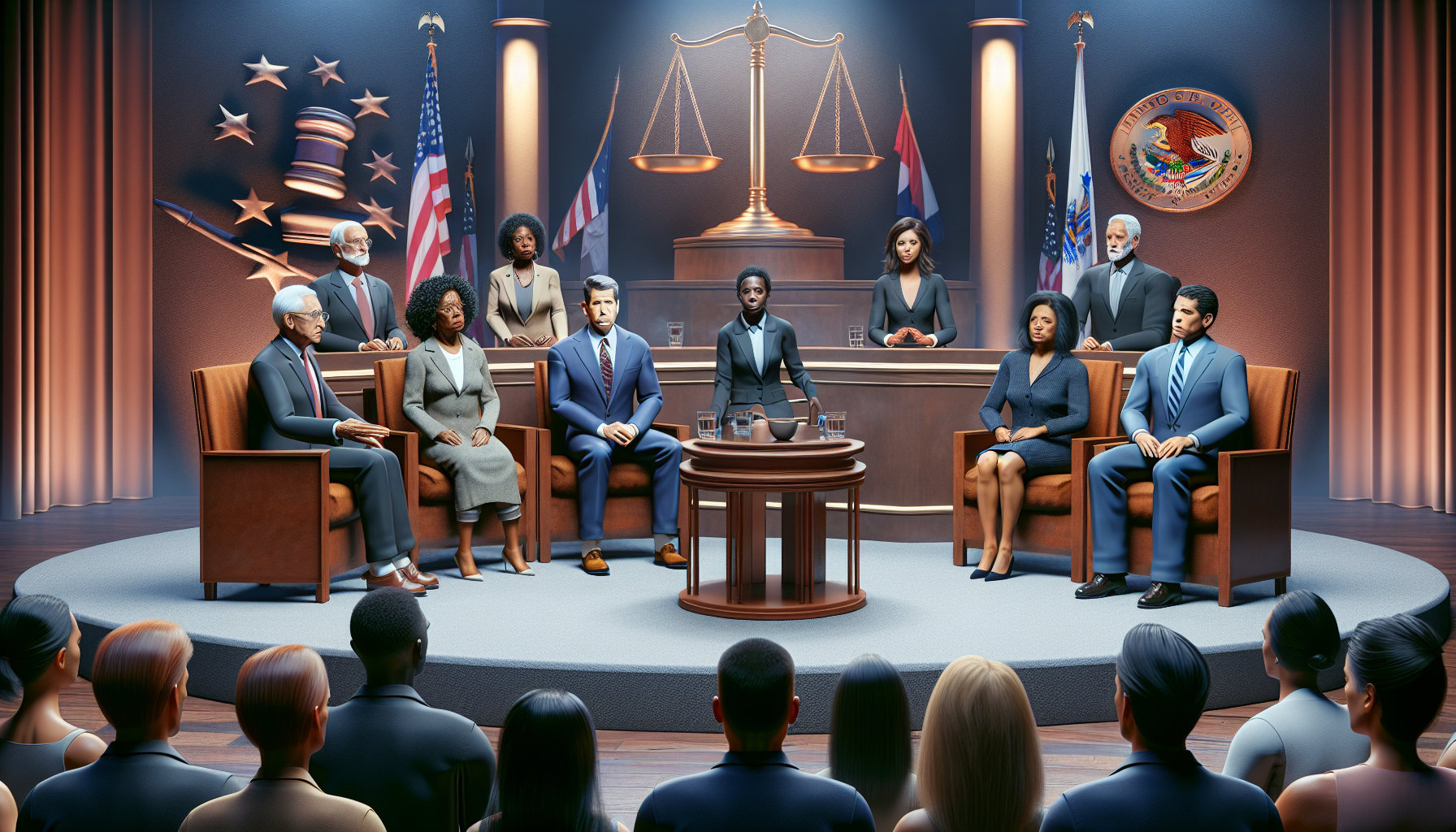
The Perils of Sovereign Citizens from a Law Enforcement Perspective
The rising tide of the Sovereign Citizen movement has proven to be exceedingly problematic for law enforcement officers across the country. Embracing a warped form of anarchism cloaked in pseudo-legal jargon, these individuals pose a formidable challenge to the rule of law. Emboldened by distorted interpretations of legal texts, they subscribe to the false belief that they are immune from government authority, rendering interactions with them not just frustrating but perilous.
An Ideology of Defiance
The Sovereign Citizen movement rejects the foundations of modern governance. They avoid taxes, do not adhere to licensing regulations, and often exhibit open hostility towards any form of government intervention. This extreme libertarianism does not stem from peaceful dissent but from a deep-rooted animosity and paranoia, frequently spiraling into aggression when confronted by law enforcement. Rather than appealing to constitutional principles of freedom and justice, they abuse these principles for selfish ends, distorting them beyond recognition.
Everyday Risks and Lawlessness
For officers tasked with the duty to ensure public safety, encountering a Sovereign Citizen can escalate rapidly. Routine traffic stops may turn into confrontational standoffs. Demanding a license or registration can lead to heated arguments that drain already limited resources. It places police officers in a precarious position, leaving them to balance enforcement with the unpredictability of the Sovereigns’ reactions. Just imagine—the simple act of asking for identification becomes a volatile confrontation, endangering not just the officer, but everyone around.
Real Experiences on the Frontline
Consider the gut-wrenching story of Officer Michael, a seasoned patrolman who encountered a so-called “freeman” on a routine stop for a broken taillight. The driver brazenly refused to provide a license, claiming he wasn’t subject to local or state laws. In the ensuing chaos, the situation escalated, almost leading to physical conflict before backup could arrive. What should have been a five-minute procedure turned into a full-scale operation that tied up numerous personnel—diverting their attention from other critical incidents. How can this kind of lawlessness be acceptable?
A Growing Threat: Affiliation with Extremism
The movement is not only perilous in its ideology but also dangerous in its affiliations. Sovereign Citizens have been linked to extremist groups that perpetuate violence, bigotry, and even terrorism. Their disdain for government entities aligns seamlessly with other recognized hate groups, adding a sinister layer to their activities. Training tapes and literature found in raids often speak volumes about their intentions. Recognizing these alliances should alert us all to a broader, more interconnected network of domestic terrorism.
Economic Ramifications
Apart from the physical threats, there’s a broader economic impact on law enforcement and public resources. Litigious by nature, Sovereign Citizens are infamous for filing frivolous lawsuits—known as “paper terrorism.” These documents, replete with nonsensical legalese, clog up court systems and escalate legal costs. Taxpayer dollars are funneled into addressing these baseless claims, draining community resources that could otherwise bolster education, health, and security. Aren’t our community resources better spent on development and welfare rather than combating sabotage from within?
The Psychological Toll on Officers
Furthermore, interacting with Sovereign Citizens can have a substantial psychological toll on law enforcement personnel. The constant tension, facing outright hostility, and the realization that one’s professional life could be jeopardized over something as mundane as a traffic stop, imposes an unceasing mental strain. Imagine the emotional wear and tear on officers who have families to go home to, hoping they can safely finish their shifts. These are the unsung issues that we must acknowledge to understand the full scope of the problem.
Clever Evaders or Law-Breakers?
One might wonder why some individuals gravitate towards such radical ideals. Sovereign Citizens often hold a mistaken belief that their actions are heavily rooted in historical legal precedents. It’s a façade of intellectualism, an elaborate ruse aimed at bolstering their unfounded claims. Imagine advocating for a misplaced idea with such ferocity that you become a threat to societal order. They are not clever legal evaders challenging the system, but law-breakers cloaked in an intricate masquerade that needs unveiling.
No Easy Solutions, Just Serious Commitment
The fix is not straightforward. Dealing with Sovereign Citizens demands reforms across the board—enhanced training for officers on handling such encounters, better community outreach to educate the public on these dangerous ideologies, and legislative measures to counter the abuse of judicial resources. This encore will take time, effort, and commitment, but accountability is non-negotiable.
Elevate Awareness: Join the Discussion
We need to amplify this discourse, engage with these issues head-on, and cultivate a collective resolve to counter Sovereign Citizens. For a deeper dive, tune in to The John Ligato Show where we dissect these dilemmas with detailed scrutiny. Stay connected here John Ligato’s YouTube Channel, and make sure to watch today’s gripping episode on Sovereign Citizens. Don’t miss out on active discussions on Facebook.
Every moment spent countering the dangers posed by Sovereign Citizens safeguards our principle of order, law, and foundational civic duty. Protecting these norms is not just about upholding laws—it’s about securing the sanctity of community, peace, and the social fabric that binds us all.
Recent Comments